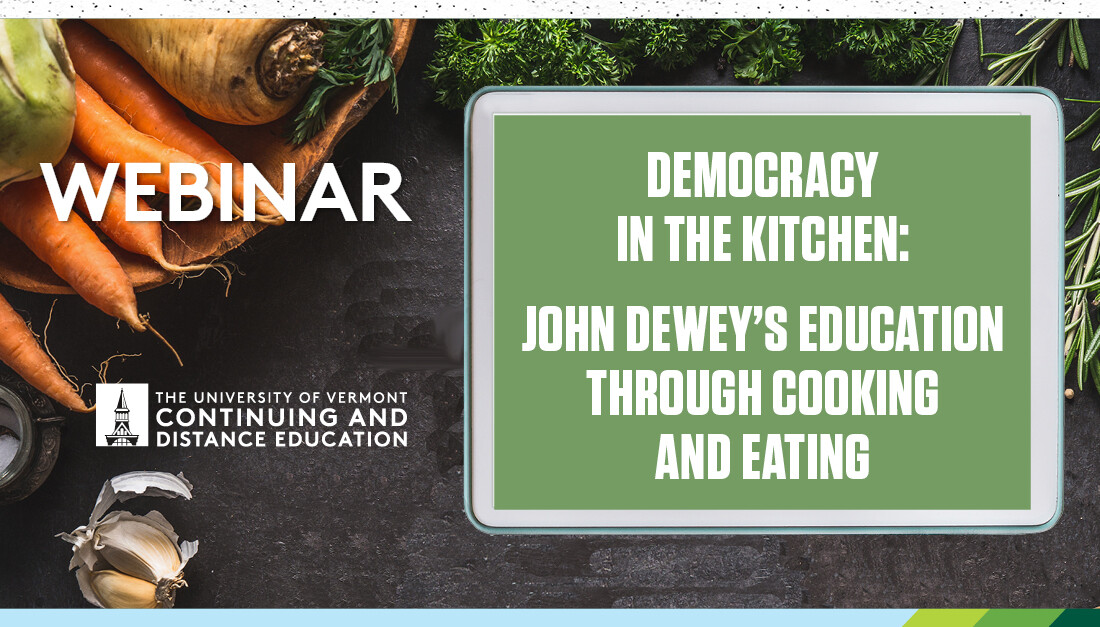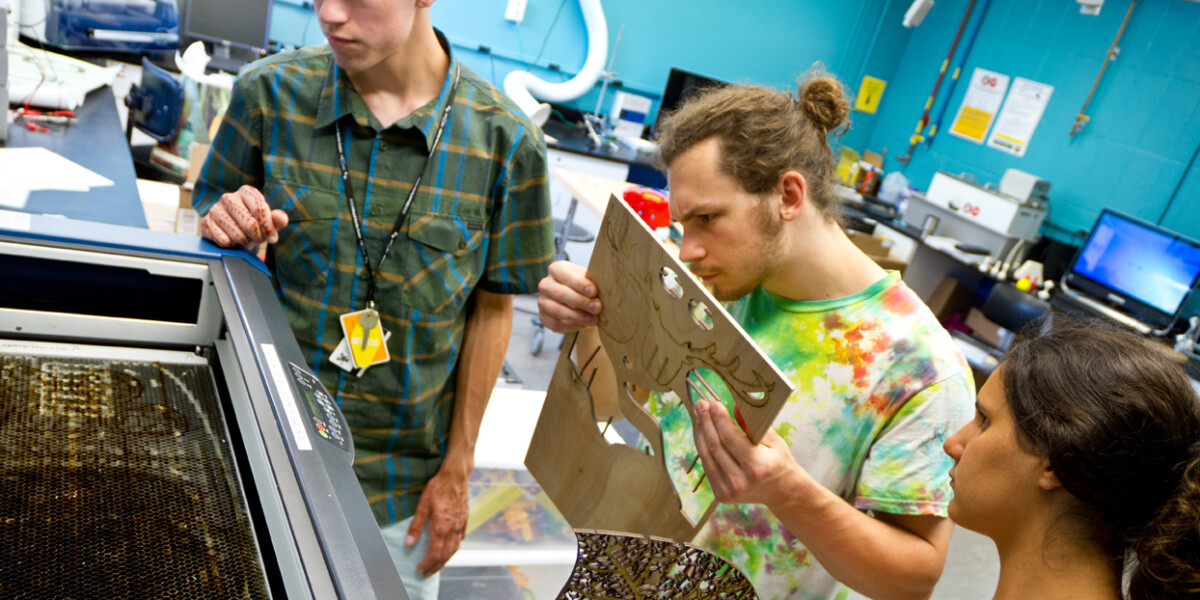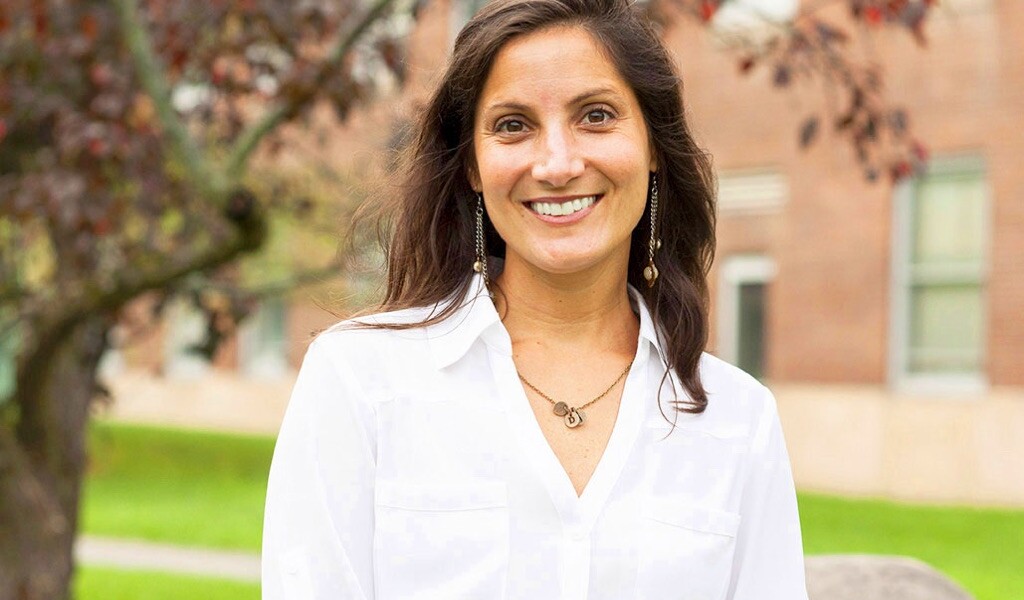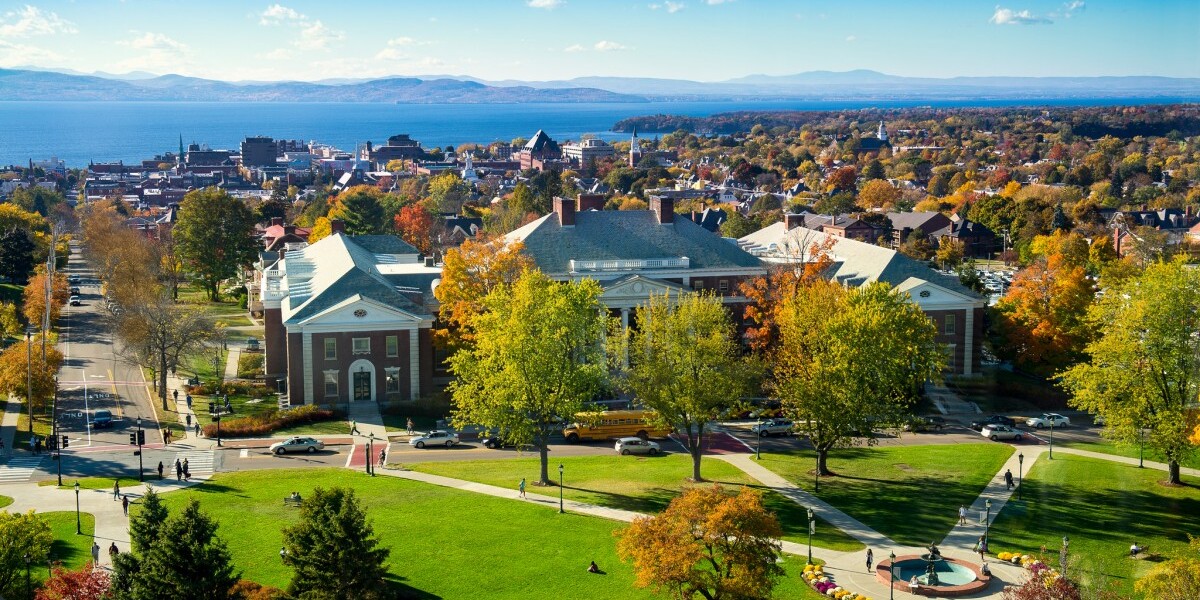As it becomes clear that the benefits of play-based learning go well beyond preschool, UVM is helping educators of all types improve the experiences they offer their students with the course Democracy in the Kitchen: John Dewey’s Education Through Cooking and Eating.
You’re probably wondering, what do democracy and the kitchen have to do with experiential learning? Democracy is not necessarily about studying government but is instead a symbol for teaching, exploring, and learning about any topic freely. The kitchen is not solely about studying culinary skills but is instead a place to facilitate learning through play, experiences, and wonder.
The concept began with John Dewey, an American philosopher, psychologist, and educational reformer. His ideas have re-shaped education in the U.S. and beyond. He believed that all education should merge with our daily lives.
We explored the Democracy in the Kitchen course at UVM through a webinar discussion with instructors Cynthia Belliveau, Ed.D., Dean of UVM Continuing Education and instructor in the UVM Department of Nutrition and Food Science, and Lisa Heldke, Ph.D., professor of philosophy, and gender, women and sexuality studies, at Gustavus Adolphus College.
The Kitchen Encourages a Love for Learning
The kitchen is a vehicle for learning and is like any laboratory. It’s a proven concept at the Dewey School at the University of Chicago, an experimental laboratory of education founded by Dewey that includes a kitchen lab. The Dewey School inspired UVM’s own John Dewey Cooking Institute.
“The Dewey School was primarily focused on little kids, and he would use the kitchen, and the workroom, and all kinds of daily activities to explore the most abstract ideas, including the idea of democracy,” Heldke said.
Belliveau and Heldke emphasized that this model isn’t just about children’s learning. Graduate professors, high school teachers, and all types of educators benefit from these ideas.
“The kitchen is a microcosm of democracy, encouraging cooperation, less hierarchy, and learning by doing, by applying these concepts to the real world,” Belliveau said. “We’ve had a lot of educators come through who have realized that the kitchen is this place that just naturally puts students in those democratic environments, and they can teach almost any topic there.”
10 Tenets Make the Model Adaptable to All Subjects
The course focuses on 10 tenets, or principles, that help students envision how they can apply experiential learning and inquiry-based education in their classrooms.
The first tenant is ‘education is a practice of democracy.’ This means education should be free to become what the learner wants to make it, not what someone else says it must be.
“Dewey thought the school system was set up with an autocratic modality where there were one or two experts, and students had to learn according to that. He thought that stifled inquiry,” Belliveau said. “It made people want to study to the test instead of exploring, asking questions, finding a problem, and moving in that never-ending cycle.”
The second tenant is ‘education is experience.’ This gives students permission to meld work and play together.
“In higher education, it’s more work than play. But when I have students coming into the kitchen environment, it’s like a sandbox and you can just see them start to get very excited,” Belliveau said.
Though there can be some hesitation from both teachers and students to let go.
“Dewey says, ‘play is interested absorption in the activity at hand.’ As a teacher, sometimes if my students are having too much fun, I get suspicious, like obviously nothing good is happening here,” Heldke chuckled. “This invites me to say no, they are interestingly absorbed. I need to attend to that and not be suspicious of it.”
No Cooking Skills or Kitchen Experience Required
While you’ll need a few basic tools, like a knife and a cutting board, you don’t need a full kitchen or any culinary skills to take the course.
“We want you to use more of your senses to explore something. We have magnifying glasses to get specific and look at a saltine cracker to describe it like we’re outside doing nature observation. It’s the same techniques, but you’re using food,” Belliveau said.
That’s not to say that you won’t learn some cooking techniques. Belliveau is a trained chef and will teach you how to cut an onion, julienne style, and more.
“But the point is not so you become the best onion cutter, it’s so you pay attention to that activity of cutting an onion or making pie dough, or whatever the task is. It’s to start attending to that activity as a form of curiosity about your world,” Heldke said.
Belliveau says people will often wonder if the course is for them because they don’t cook.
“There is an aspect of coming into a kitchen if you don’t cook that is terribly uncomfortable, and we actually think that is a good thing,” Belliveau said. “This course is not learning to cook, it’s cooking to learn.”
The Sensory Experience Goes Virtual
Currently, the course is offered virtually with exercises designed for a home space. The course brings in all five senses, no matter where you are.
Heldke often asks her fellow educators, ‘where do smell and taste come into your classes?’ The response is usually, they don’t.
“I’m baffled that we have these two senses that have no part in higher education at all,” Heldke said. “So, what this really does is it invites people to see this whole realm.”
Democracy in the Kitchen: John Dewey’s Education Through Cooking and Eating begins on July 6 and runs for four weeks virtually. Content is available on-demand when it best suits student schedules, with one live session the first week, as well as an opportunity to interact with classmates on a virtual discussion board.




